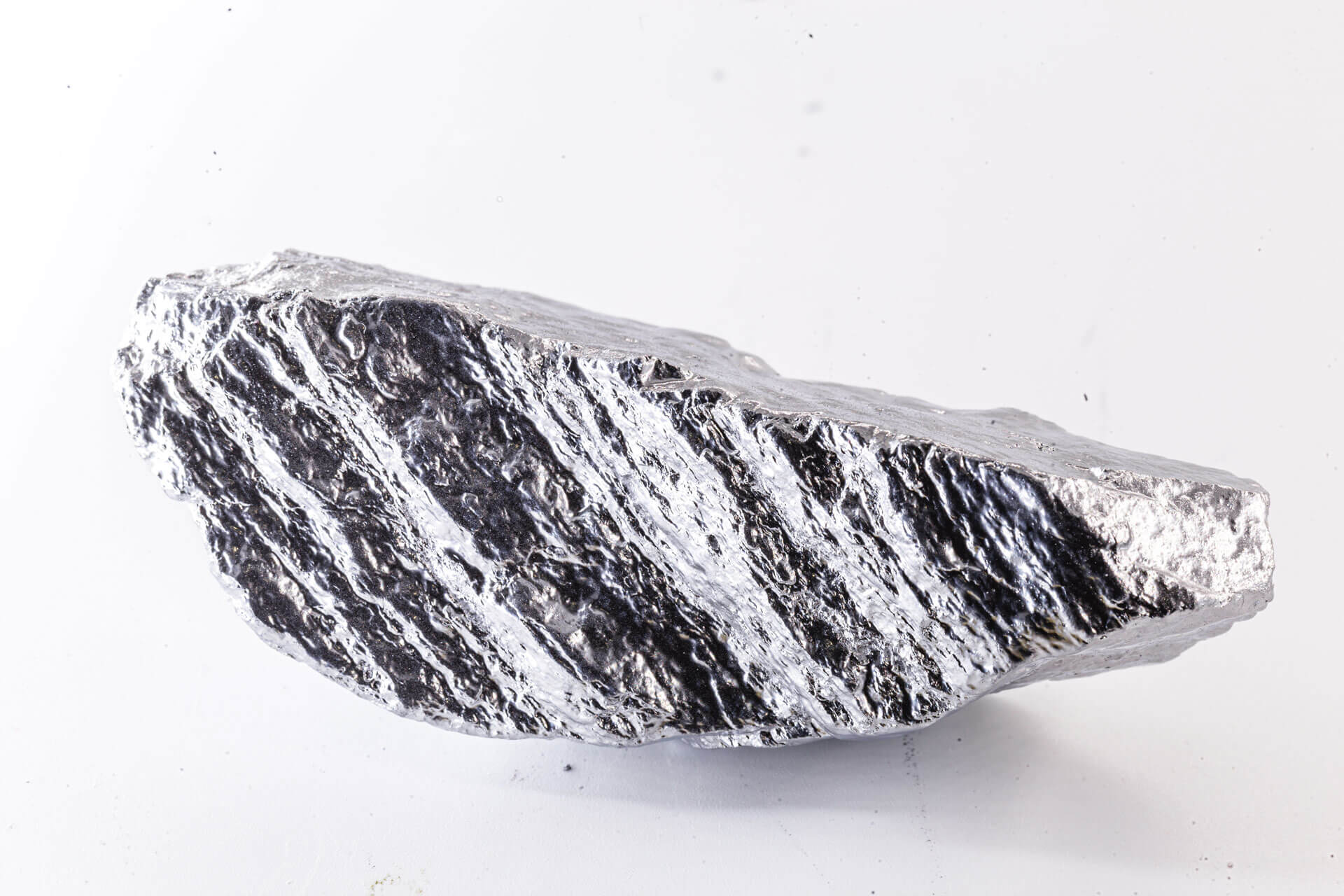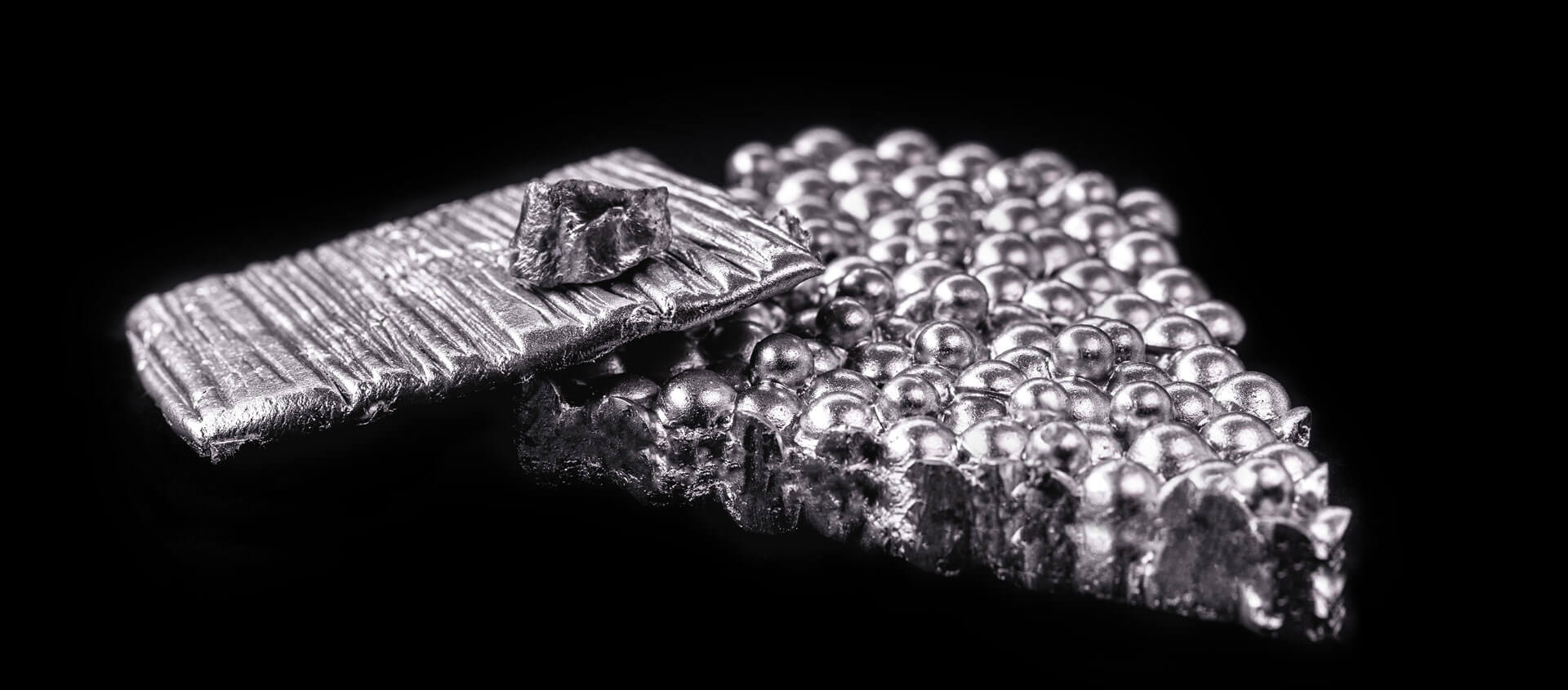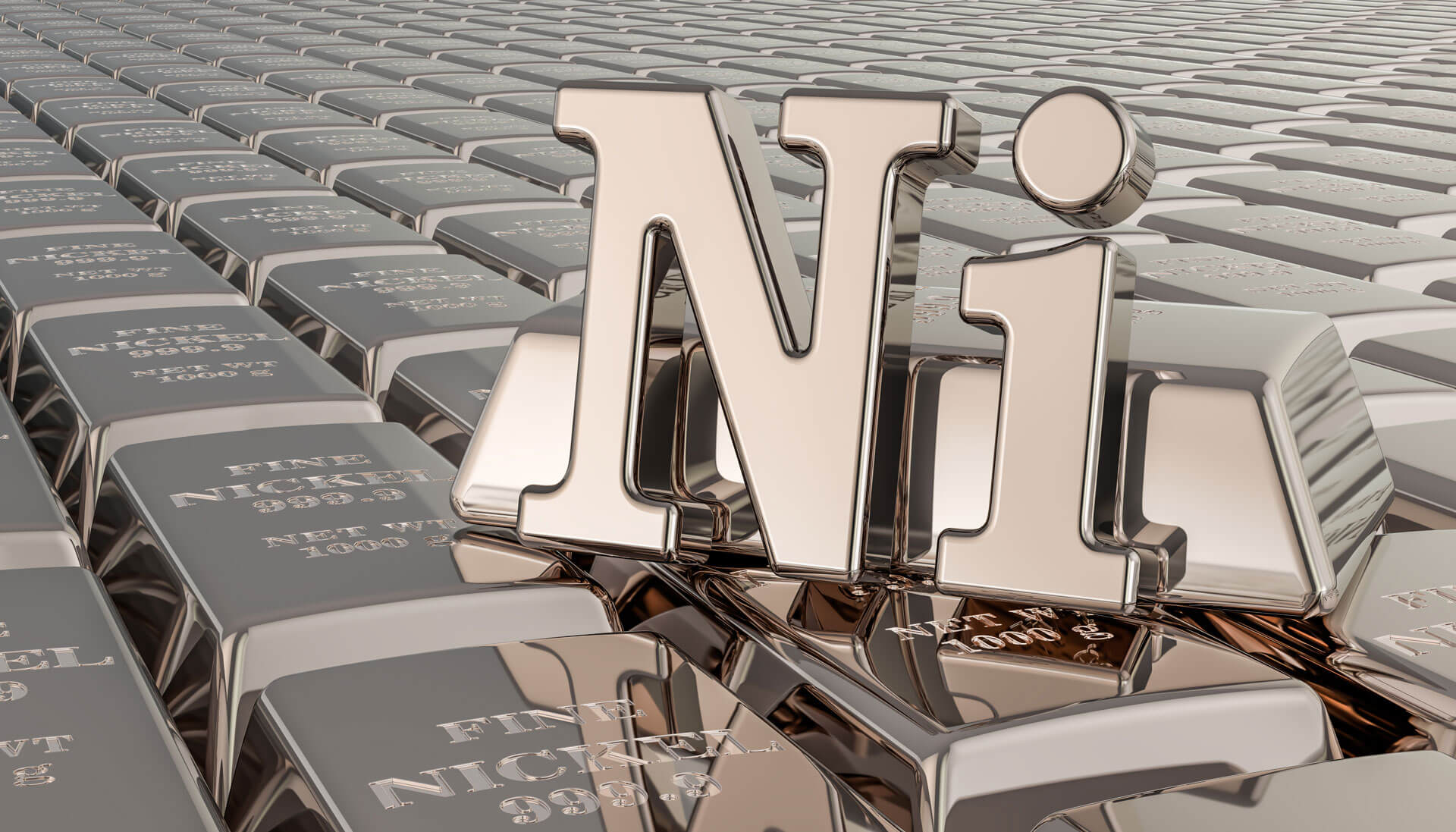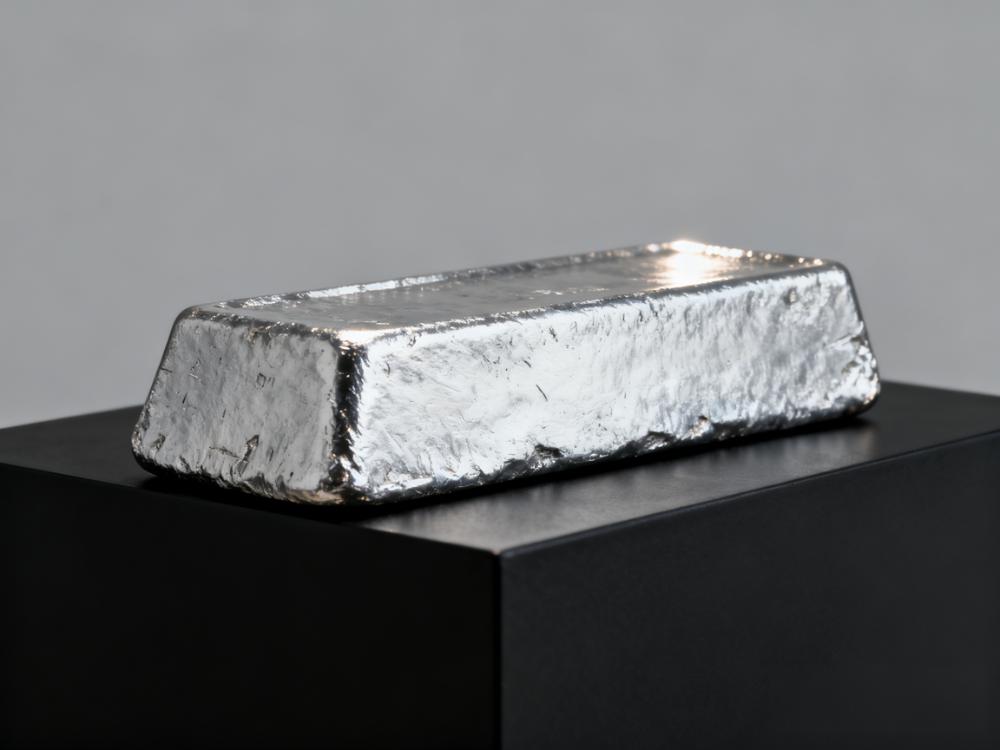Introduction: Starting from last Friday, the market began to gradually receive news of the relaxation of Indonesia's RKAB approvals. This news began to spread widely in the market this week. Although the news has not yet been officially confirmed, it has already influenced market sentiment and the trend of nickel prices to a certain extent. It is worth noting that this week coincides with the month-end, a period when Indonesian smelters and local nickel ore mines negotiate the nickel ore premiums for June. According to SMM, the news of "RKAB approval relaxation" has not led to a significant loosening or decline in the prices of Indonesia's local ore. The mainstream premium for Indonesia's local pyrometallurgical ore in June is expected to remain stable compared to May. This may also indicate, from a side perspective, that currently, there has been no structural change in the supply and demand situation of Indonesia's local domestic trade nickel ore, and the tight supply of nickel ore has not shown significant improvement.
Recently, SMM formally inquired with ESDM about such issues. An official from ESDM stated that no large-scale approvals for supplementary quotas have been granted in the past two weeks.
Before conducting a further analysis of this news, let us first review and summarize the definition of RKAB, the approval status of RKAB in the past two years, and its impact on the market.
I. Introduction to RKAB: A Necessary Qualification for Indonesia's Mining Industry
1. What is Indonesia's mining qualification RKAB?
Indonesia's RKAB (Rencana Kerja dan Anggaran Biaya, or Work Plan and Budget Report) is a review system established by the Indonesian government to regulate mineral mining activities. RKAB is a report that mining companies must prepare and submit annually to the Ministry of Energy and Mineral Resources for approval, covering commercial plans, technical, economic, and environmental aspects. This RKAB is crucial for the legality of mining activities for IUP/IUPK license holders, whether for exploration or processing IUP/IUPK, from exploration, transportation, processing to internal market or export. RKAB only applies to one mineral commodity. Mines that pass the RKAB review will obtain the qualification for legal mining and have the opportunity to receive corresponding nickel ore quotas.
2. The Role and Importance of Processing RKAB
1. Legal Basis: RKAB is a necessary document for mining companies to legally carry out mining activities, covering the entire process from exploration to marketing.
2. Production Plan: It stipulates in detail the mine's annual production plan and budget, ensuring the rational utilization of resources.
3. RKAB is not only a certificate for mining companies to legally mine but also a necessary condition for obtaining nickel ore quotas. Mining companies must prepare and submit RKAB documents annually, which provide legal support for mining activities at every stage, from exploration, excavation, transportation, processing, refining to marketing. Without RKAB, mining companies cannot conduct production and trade, and severe penalties may include fines, revocation of mining licenses, and even legal proceedings.
3. Application Process for RKAB:
a. Step-1 Preparation Phase: Mining companies need to prepare detailed plans and budget reports covering business, technical, and environmental aspects.
b. Step-2 Submission of Application: Submit the RKAB documents to the Ministry of Energy and Mineral Resources (ESDM) or its authorized agencies for approval.
c. Step-3 Approval Process: The approval process may be cumbersome and time-consuming, often requiring multiple rounds of review and verification.
d. Step-4 Revision and Update: Miners can revise their production plans once a year to ensure flexibility and adaptability.
II. Overview of RKAB Approvals and Approval Rhythm in the Past Two Years
1. Overview of RKAB Approvals in 2024
According to SMM, Indonesia approved a total of 272 million wmt of RKAB quotas throughout 2024. Among them, Sulawesi Island accounted for approximately 188 million wmt (with Central Sulawesi Province, where the MOROWALI Industrial Park is located, accounting for approximately 64 million wmt, Southeast Sulawesi Province accounting for approximately 105 million wmt, and East Sulawesi and South Sulawesi provinces together accounting for approximately 15 million wmt). North Maluku Province on Halmahera Island accounted for approximately 83.6 million wmt, and West Papua Province on OB Island accounted for approximately 43 million wmt of nickel ore.
As of now in 2025, ESDM has yet to release complete RKAB approval data to the market. Currently, the officially announced volume only includes a portion of incomplete RKAB quotas from Sulawesi, totaling 91,778,227 wmt, which cannot be generalized to represent the full-year RKAB approval situation for this year.
2. Overview of RKAB Approval Rhythm in 2024 and 2025
2024 marked the first year of strict enforcement of RKAB. The approval rhythm for RKAB was such that most annual RKAB quotas were approved at the beginning of the year. Starting from June (H2), based on market demand and applications from mining companies, additional quotas were approved to supplement the RKAB for the year. From the rhythm of RKAB approvals last year, the approval process for supplementary quotas was completed and officially granted to mining companies starting from mid-July, continuing until November of last year.
If we refer to the approval rhythm of 2024, the supplementary quotas for 2025 may similarly start to be implemented gradually in Q3.
Additionally, around October last year, RKABs for some mines were concentratedly approved, allowing smelters to collectively restock their raw material inventories. After the restocking was completed, the premium for Indonesia's local ore also significantly pulled back, which indirectly confirmed the influence of RKAB on the nickel ore market.
The chart below illustrates the price trend of SMM's Indonesia's local laterite nickel ore over the past year:
3. Impact of RKAB on the Mining Industry and the Market:
The implementation of the RKAB system has had a significant impact on Indonesia's mining industry:
Starting from March 2024, ESDM and APNI jointly made statements indicating that there were an excessive number of RKAB applications. If all were approved, it might exacerbate the surplus in the nickel industry, and subsequent interventions and controls would be implemented for RKAB. At the beginning of 2024, ESDM received over 700 RKAB applications for nickel ore mining, but only 142 were approved. Concerns about the supply of nickel ore in the market arose and have persisted to this day, with the premium for Indonesia's local nickel ore prices continuing to rise.
Although supplementary applications were subsequently approved and implemented, the approval volume was not substantial, and the approval speed did not meet expectations. For the urgent market of Indonesia's local nickel ore, this was merely a drop in the ocean.
Meanwhile, ESDM disclosed very little information about the approval volume and progress of RKAB, while the data statistics obtained by other parties varied, leading to the current confusion in RKAB statistics.
Overall, the impact of the RKAB policy on the market is as follows:
1. Increased supply uncertainty: The approval progress of RKAB has been slow. Starting from August 2023, the approval policy for the same IUP/IUPK enterprises has been changed from annual approval to triennial approval, increasing the approval workload and resulting in slower-than-expected approval progress. The delay in approval has affected the supply of nickel ore and also led to the sustained high prices of Indonesia's local ore.
2. Disruption of market sentiment: The nickel market pays high attention to the approval progress of RKAB. Any rumors about quota increases or reductions trigger widespread discussions and heated debates in the market, affecting the short-term trend of nickel prices from a sentiment perspective.
3. Increased pressure on downstream smelters: The suspension or delay of RKAB approvals leads to a tight supply of nickel ore and even triggers a rush for ore in the market, further driving up nickel ore prices and increasing the production costs of smelters. Additionally, in the long run, the efficiency of RKAB approvals directly affects the release of Indonesia's nickel ore capacity.
4. With a constant stream of news about RKAB, how should we view it going forward?
Recently, SMM inquired with ESDM about such issues, and an ESDM official stated that no large-scale approvals of supplementary quotas had been made in the past two weeks. Looking ahead, the market price of nickel ore will continue to be influenced by the approval progress of supplementary RKAB quotas.
Regarding the future trend of nickel ore prices,
1. Saprolite ore: On the supply side, weather-related disruptions to nickel ore supply persist. Frequent rainfall from midday to night continues in Sulawesi, and Halmahera Island entered the rainy season in May. The frequent rainfall has affected the shipments available from mines. On the demand side, NPI prices have stopped falling at low levels, and there is a strong wait-and-see sentiment. Based on current ore prices, both domestic and Indonesian NPI smelters are experiencing losses, limiting their acceptance of high-priced nickel ore. On the inventory side: After experiencing low inventory levels and ore-buying stockpiling in April, the current inventory levels of Indonesian pyrometallurgy smelters have slightly improved, and their willingness to compete for ore at prices above the market rate has decreased. Additionally, the subsequent supplementary quota approval process for RKAB is expected to commence in June. However, the market remains concerned about the approval speed of the subsequent supplementary quota for RKAB. Overall, despite supply-side disruptions such as weather conditions and the possibility that the RKAB approval progress may fall short of expectations, driven by weak downstream prices, there is limited room for a short-term price increase in Indonesia's local saprolite ore prices.
2. Limonite ore: Due to the impact of a tailings dam collapse incident at some projects in the MOROWALI Industrial Park, MHP production decreased in April, and downstream smelters pushed down limonite ore prices. As of May, most of the relevant projects in MOROWALI have resumed production, and market demand for limonite ore has rebounded. Looking ahead, there are expectations for new HPAL projects to commence production in H2, potentially leading to a tightening of the supply and demand balance for limonite ore. SMM expects that limonite ore prices may hold up well in the future.
Overall, nickel ore prices continue to provide cost support for nickel. SMM will continue to monitor changes in the supply and demand of Indonesia's local ore, as well as the approval status of the RKAB supplementary quota, and provide the market with first-hand information on the Indonesian market.



